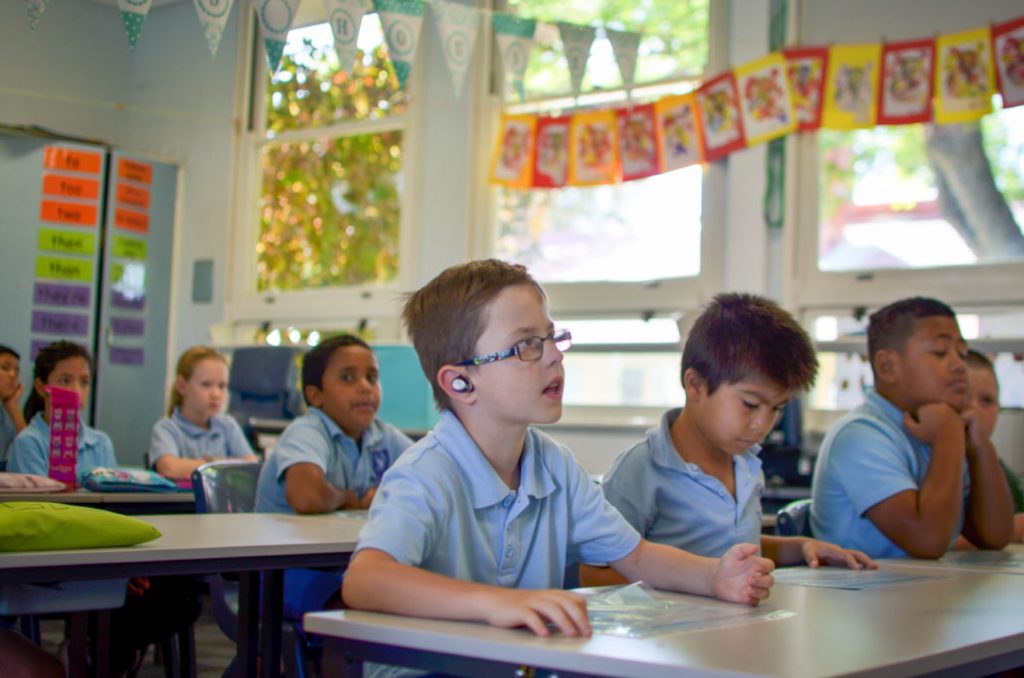


These children struggle with low self-esteem, have bigger problems with managing stress as well as emotional and social problems.
Auditory processing issues how to#
This manifests itself in difficulties in learning how to read, write and problems with concentration that result from the inability to correctly understand the teacher’s directions, to follow his statements and poor auditory memory. In a school environment, children suffering from APD, despite having normal intelligence levels, have a lot of problems due to improper processing of sound impulses. The first symptoms among children may manifest by speech development abnormalities and difficulties in articulating sounds. Īccording to the data of the American Speech-Language-Hearing Association (ASHA) people with APD suffer from difficulties in understanding speech amongst noise, localizing and directing sound, differentiating sounds that are similar to each other as well as temporal sound processing. It is estimated, that this problem concerns 2-3%, and according to some authors even 5% of Polish children ages 7-12. Key wordsĪuditory processing disorder, APD, difficulties at school, children Introduction and aimĪuditory Processing Disorder (in short - APD) consists of problems in the interpretation of auditory information at the level of the central nervous system with a correct reception of said information by the peripheral structures. The results of this paper speak for the necessity of increasing APD awareness among people close to a child as the problems that emerge are common and a lot of the diagnoses late. The accuracy of the initial diagnosis was the highest in the 6 to 7 age group (96,15%). The most numerous group represented were patients aged 10 to 12 (40,93%). The most common symptoms among patients who have been diagnosed with APD) were as follows: late speech development (96%), speech defects (91,4%), problems with learning a language (91,67%). The highest number of children were admitted with problems connected to writing (78,15%), reading (69,77%), and concentrating (60,93%). Data was analyzed with the use of STATISTICA 9.1 program. The inclusion criteria were as follows: normal peripheral hearing and an IQ indicator of at least 85. The examined group consisted of 215 children ages 6 to 18. The aim of this paper is to establish a spectrum of the most common symptoms as well as to determine the most common age range of the children that have been diagnosed.Ī retrospective analysis was conducted, based on the medical documentation of patients diagnosed and treated in the audiological clinic. This is a problem that 2-3% of children, aged 7-14 suffer from in Poland. Auditory Processing Disorder (APD) are defects of the auditory sense, which result from abnormalities in the functioning of the auditory path at the level of the central nervous system from the center of the Cochlea to the auditory cortex.


 0 kommentar(er)
0 kommentar(er)
